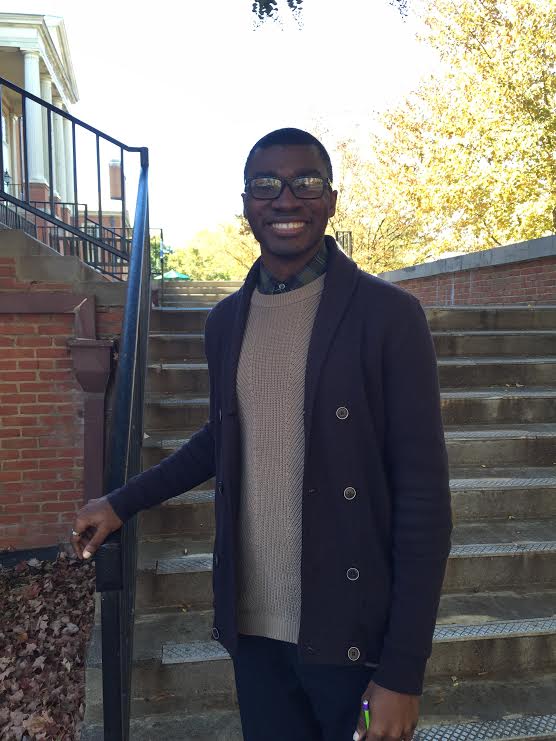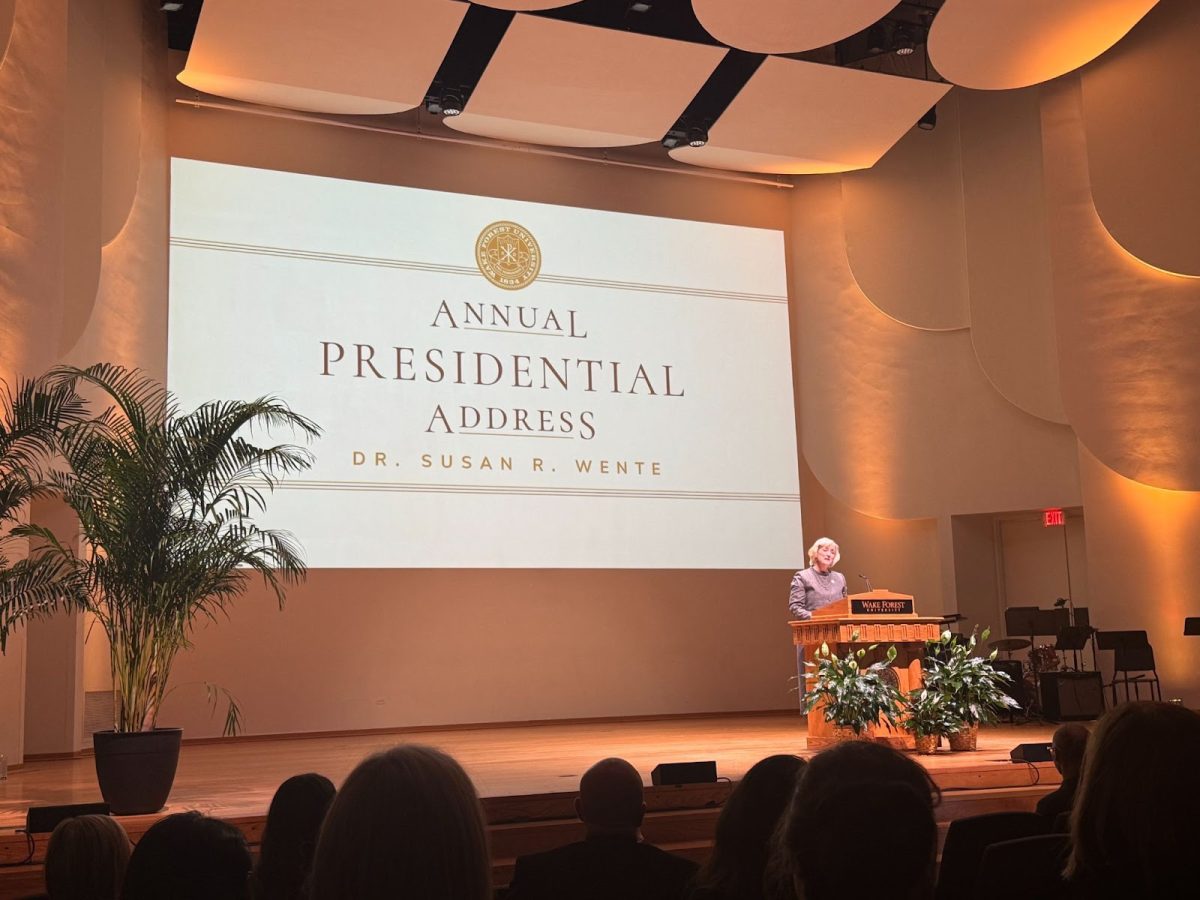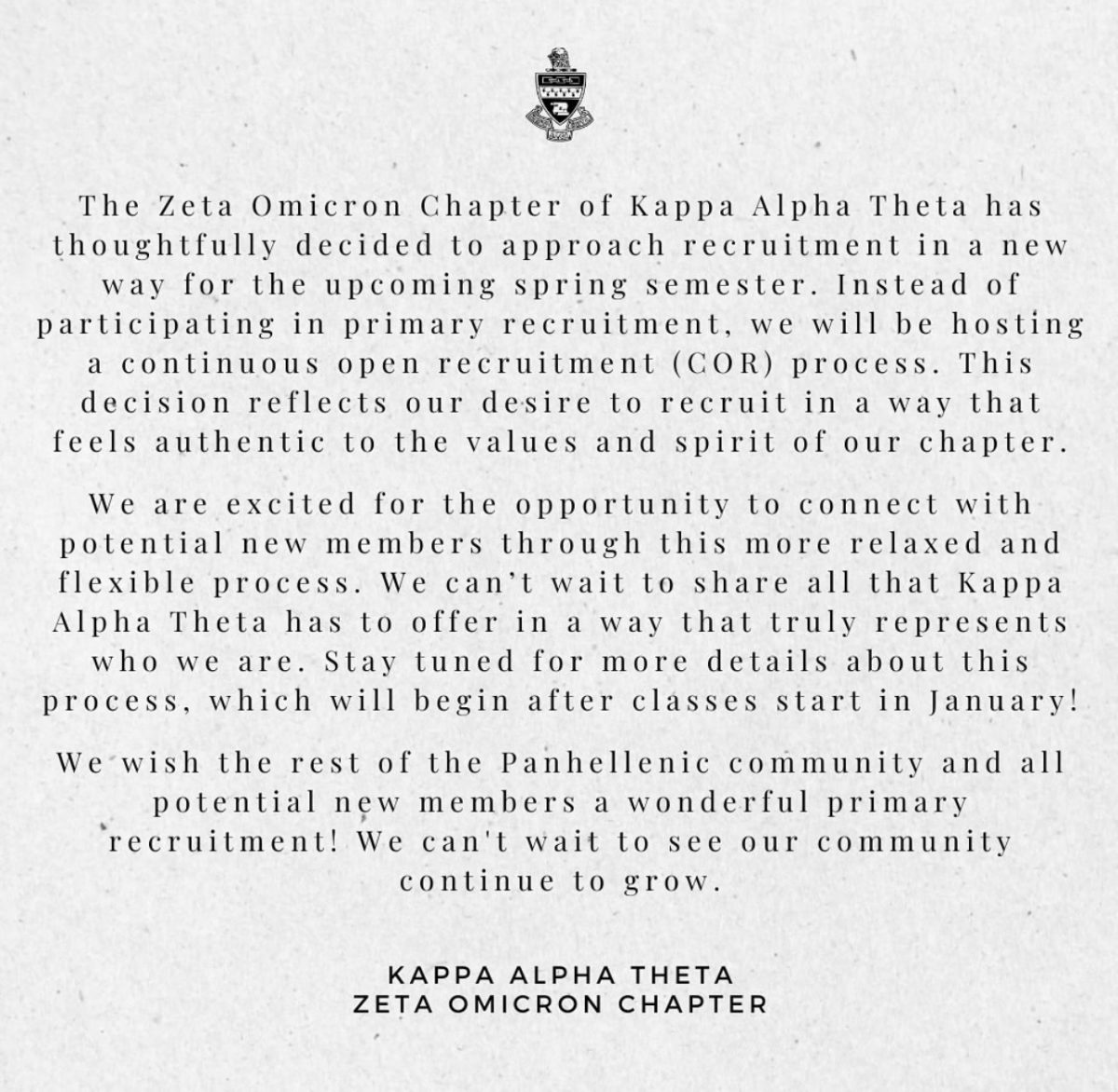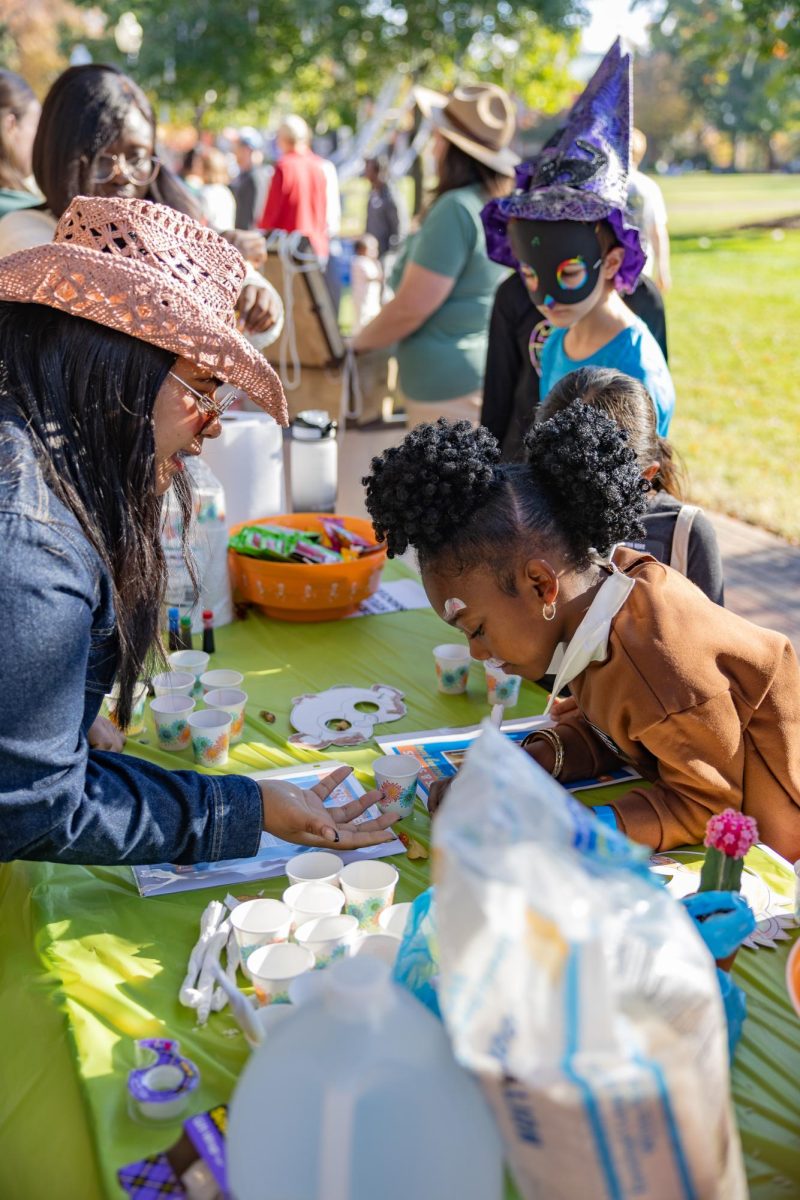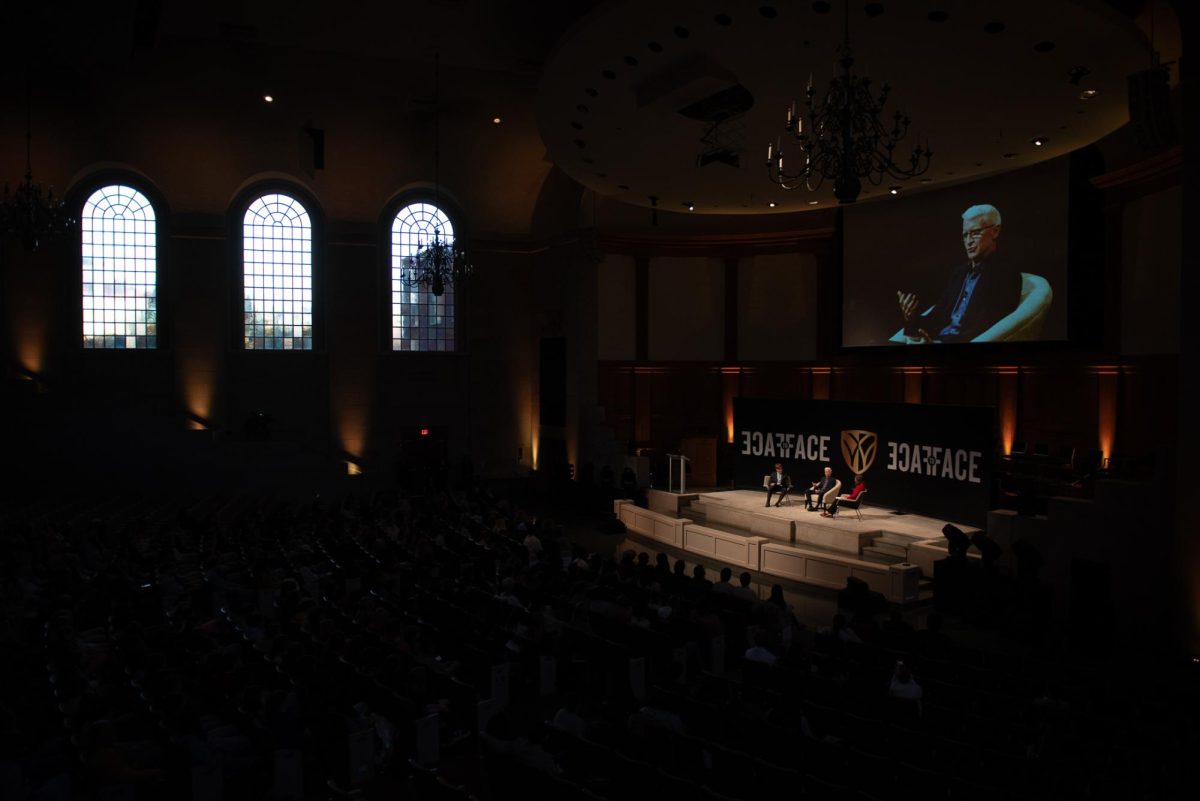He is orignially from West Palm Beach, Fla., but he moved to Atlanta which is where he was raised. He originally attended Balwin Wallace College in Northwestern Ohio but transferred to Wake Forest.
Rolle now works in the Office of the Provost, which oversees everything in the undergraduate, divinity, medical, law and business schools. He specifically focuses on campus climate and civic engagement.
What did you study when you were a student at Wake Forest?
Even though I loved anthropology, I ended up majoring in political science, essentially the study of power. I took classes in all areas, so I really did make my own interdisciplinary path at Wake Forest. But I chose to major in political science because I was very interested in power and how individuals can use power as an influence within the community.
What extracurriculars were you involved in during your undergraduate time at Wake?
I interned with the Pro-Humanitate Institute (PHI) during the spring of my senior year, and that’s how I got involved in the action team process. But going back a little, for two years, I was president of the Roosevelt Institute, which is a student think tank on campus. Through this, I gained an understanding of policy and social thoughts and how they worked together. This eventually led to my understanding of civic engagement.
Within the Roosevelt Institute, I began to look at how student perspectives could influence policy changes on local, state and global scales. I really focused on social justice as well as defense and diplomacy. I held different positions over the four years.
So sophomore through senior year I served as policy director for defense and diplomacy. Junior year I was the regional coordinator, so I oversaw all the chapters in the south. And senior year I was the senior fellow for defense and diplomacy, which meant that I was the national student involved.
I hoped when leaving the Roosevelt Institute that I would leave a legacy. I think I started that legacy because I worked to establish Roosevelt more prominently on our campus. I wanted students’ voices heard throughout in order to change different policies.
What sparked your interest in this field?
I wanted to shape these opportunities for other students. I had a great experience and felt like every student should have those same opportunities. I don’t think I would be where I am without the people in PHI or in Roosevelt.
What made you want to get involved with PHI?
At my old school, I took a class in comparative foreign relations. I was the only underclassman with all juniors and seniors. And for the first time in my life, I felt that my opinion was valuable and also invaluable. So I began to think how I could make my voice heard and where. I really wanted to focus on marginalized groups.
Were there any specific individuals who influenced you and your work?
Yes! Marianne Magjuka and Michaelle Browers. Marianne taught me to think critically about citizenship and all of its different aspects. Things such as voting and identities, and how that all influences civic engagement. Michaelle Browers taught me to think critically about identity in politics and how the roles of race, gender and sexuality influence our own ideas about ourselves as citizens.
Did you know you wanted to work at Wake Forest after graduating?
If you asked me if I was going to stay here after graduation a year ago, I would’ve laughed at you. I wanted to transfer three times. I never felt like it was my place to question or critique the way things were run, but it was these questions that made me want to stay. Within PHI, my voice is indeed valuable, and I am able to help rethink how to support students. I have worked to make support systems and to integrate already existing ones across all departments in order to create a holistic experience.
What does your job within the Office of the Provost entail?
Well, I am currently a fellow in the Office of the Provost, which means the PHI falls under my work, but I don’t technically work for PHI. I have been working on strategic initiatives, coordination and support over campus climate and civic engagement.
Can you talk about your role in campus climate?
I began my work with campus climate when I was an undergraduate student. I worked closely with Mary-Ann in the Deliberative Dialogue Action Team. This was one of eight teams which worked together to research, generate and prioritize recommendations. Now we are part of the implementation team where we analyze the budgets and all the implications.
What about your role in civic engagement?
This is a huge passion of mine as well as an academic interest. Within PHI, I work with pretty much everyone that I can. I provide programmatic support for student initiatives such as the pre-orientation BUILD and the fall break retreat, Branches.
What do you hope to accomplish while working in the Office of the Provost?
I really want to create avenues for students. I want all students to have their voice heard in all aspects of Wake Forest. I really want to focus on the marginalized students and work toward a better academic and cocurricular experience.
Do you have any advice for current students?
Don’t be afraid to ask “why not?” I think Wake Forest students, because we are such phenomenal students, tend to take in information and then just repeat it on a test or essay instead of thinking about it. I think also it is important to ask what other truths there are.


